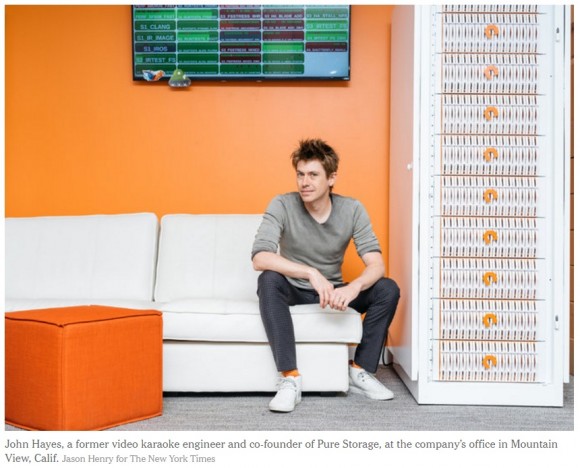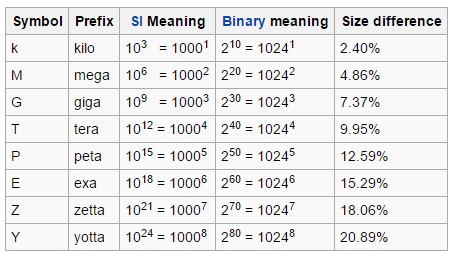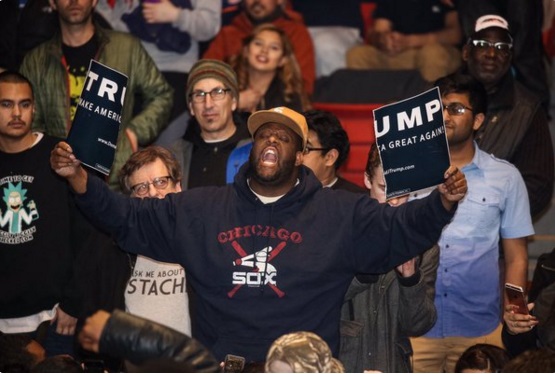Dear Commons Community,
A new report released yesterday by the UCLA Civil Rights Project concluded that black students are four times as likely to be suspended from charter schools as white students and students with disabilities are suspended two to three times the rate of nondisabled students. Based on data from the 2011-12 school year, the report found that charter schools at the elementary, middle and high school levels suspended 7.8 percent of students, compared with 6.7 percent of students in noncharter schools. Among students with disabilities, charter schools suspended 15.5 percent of students, compared with 13.7 percent at noncharters. At the extreme end, there were 235 charter schools that suspended more than half of their students with disabilities. As reported in the New York Times:
“…the report is likely to fuel an often fierce debate about disciplinary practices in charter schools, which are publicly funded but privately run. Some charter networks have come under fire for “no excuses” behavioral codes, under which students can be suspended for offenses like clothing violations.
Daniel J. Losen, the director of the Center for Civil Rights Remedies, said the report should not be used to generalize about all charter school discipline, because there were also schools that did not suspend students at high rates. “There are other ways to address school discipline that hold kids accountable,” he said.
Advocates for the disabled were particularly concerned about the higher rates of suspension at charters, given that charter schools enroll a lower proportion of students with disabilities than traditional public schools.
Suspensions can have a devastating impact on students. Previous research has found that suspensions contribute to the school-to-prison pipeline, which pushes students out of school and makes them more likely to end up in the criminal justice system. Students who get suspended from school are more likely to drop out of high school later on.
As states around the country gear up to implemented the Every Student Succeeds Act, the major federal law replacing the George W. Bush-era No Child Left Behind Act, Losen called on states to pay attention to these numbers. Under the new law, states are required to lower the number of schools overusing harsh discipline. Charter schools are also beholden to these requirements, unless a state specifically passes a law exempting them.”
Tony








